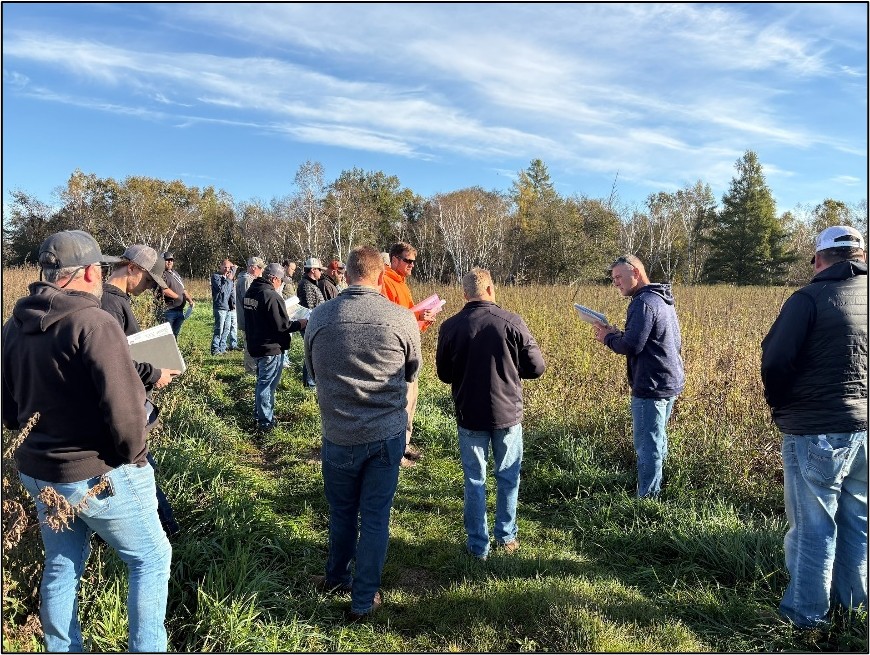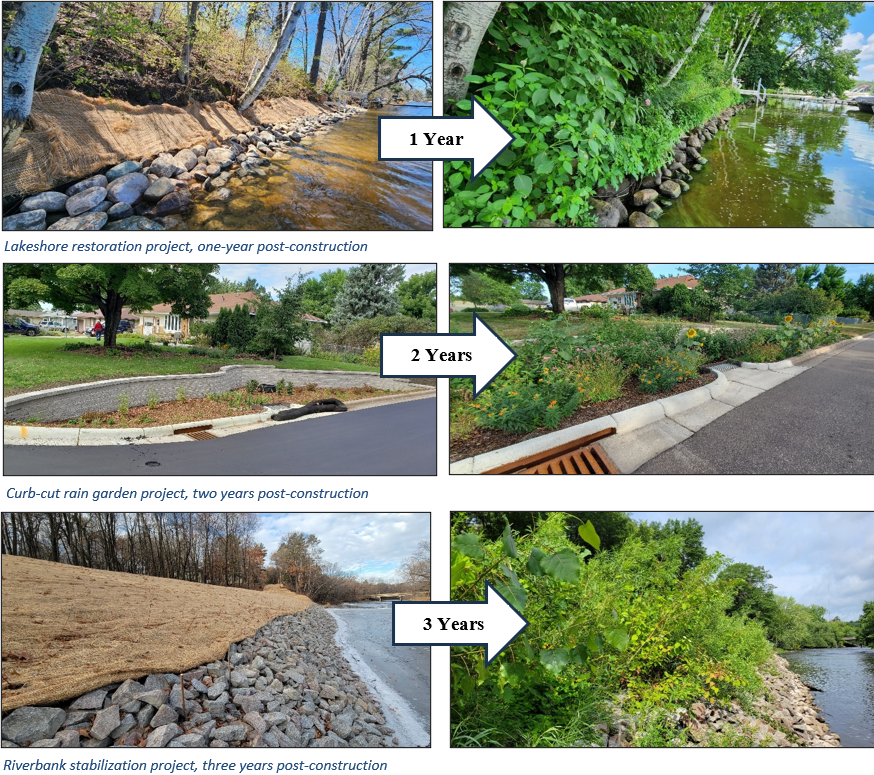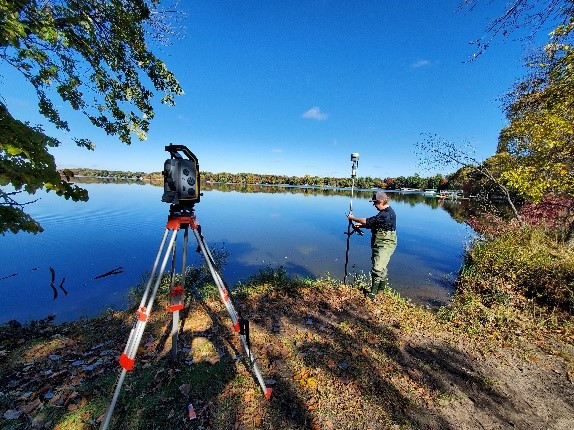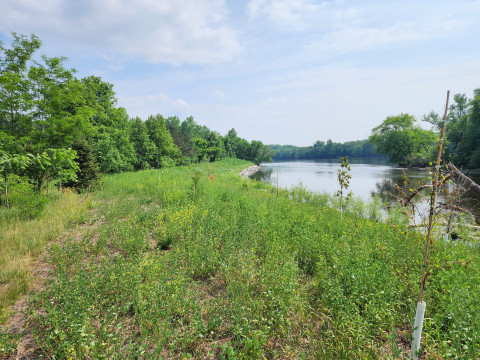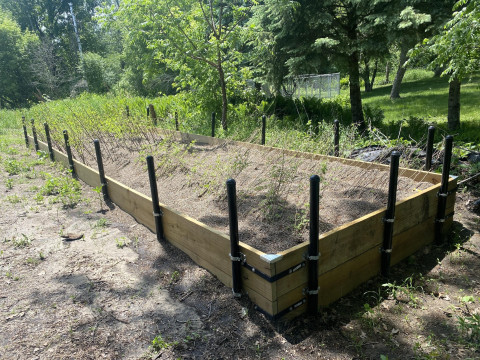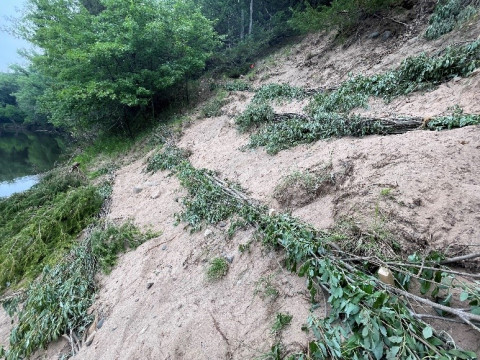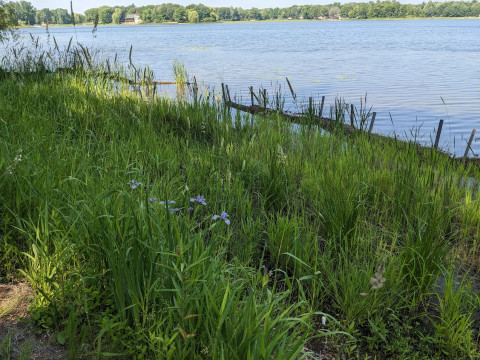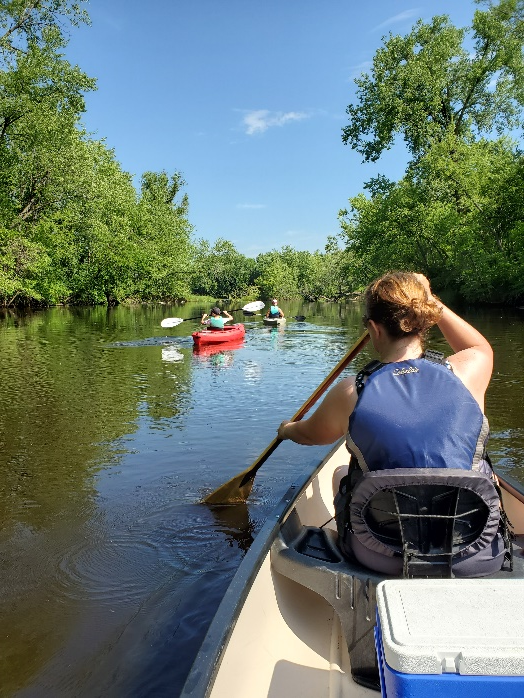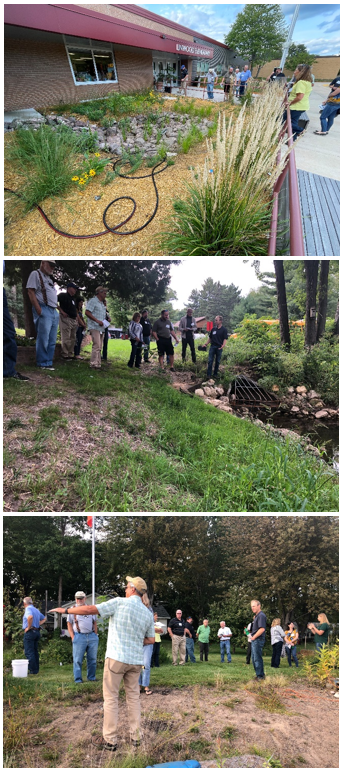Anyone who has hired a contractor for a project knows you have a lot on the line. You need them to show up, bring the right tools, be knowledgeable, and navigate the inevitable unforeseen consequences. Tackling many construction projects every year, ACD uses a process that complies with the law, seeks out the best prices, and helps us find well-qualified contractors.
ACD often participates in an online competitive bidding process when planning larger construction projects. It's required by law for projects over $175,000. Somewhat recently, competitive bidding meant relying only on newspaper ads and receiving paper bids in sealed envelopes. Today, there are online tools that manage the process. Contractors can automatically receive notifications of nearby projects, download plan sets, and bid online. ACD can communicate with all interested contractors, including answering questions for the whole group. We can ensure everyone has the same information, keeping the playing field fair.
This type of competitive bidding can help bring out the lowest prices for publicly funded projects. On the whole, bids are usually not as close to each other as you'd think. As an example, a recent riverbank stabilization project received 12 bids ranging from $130,393 to $251,021. Government entities are usually directed to select the lowest responsible bidder. ACD takes extra steps to review the qualifications of the low bidder. We may set minimum qualifications and ask contractors to describe their experience, equipment, and expertise. Performance on past projects for ACD and/or its partners is also considered.
